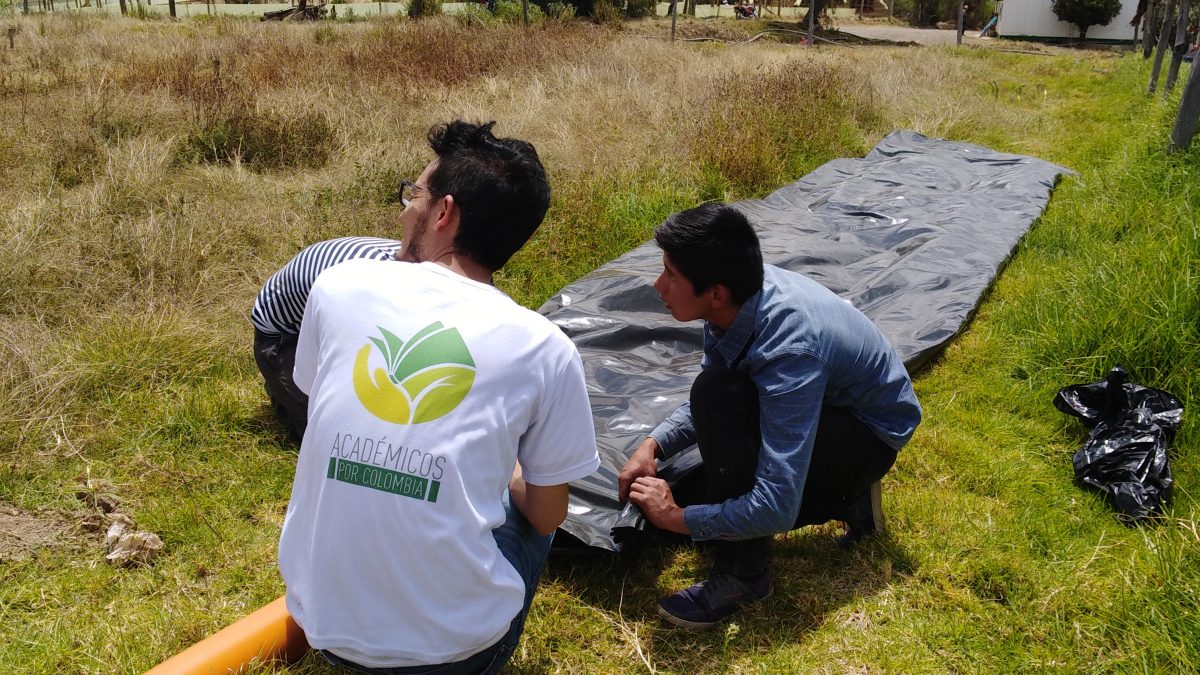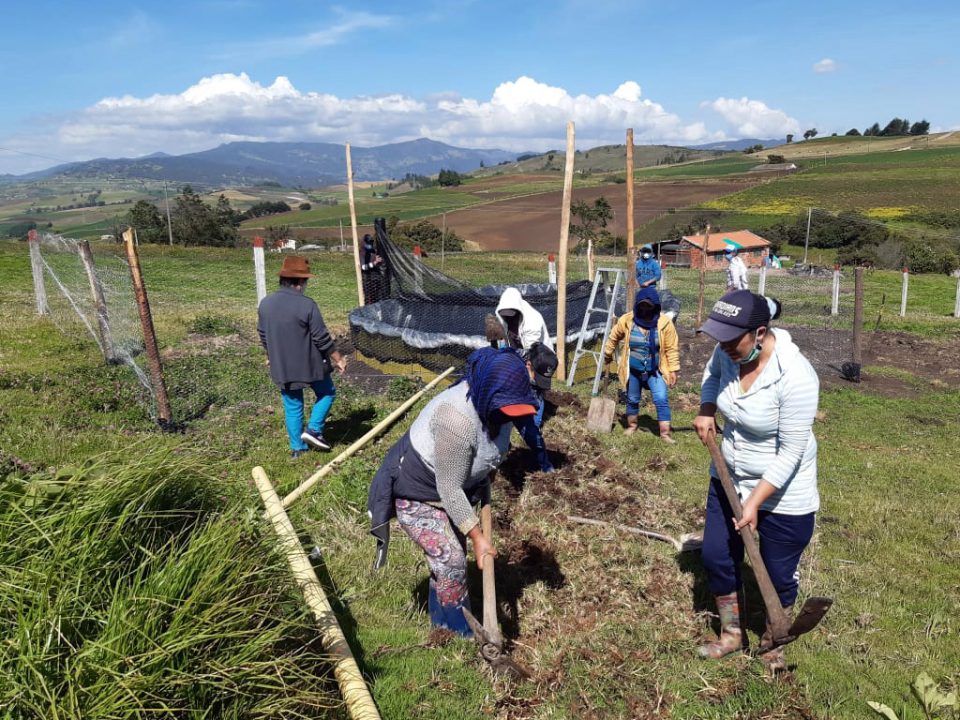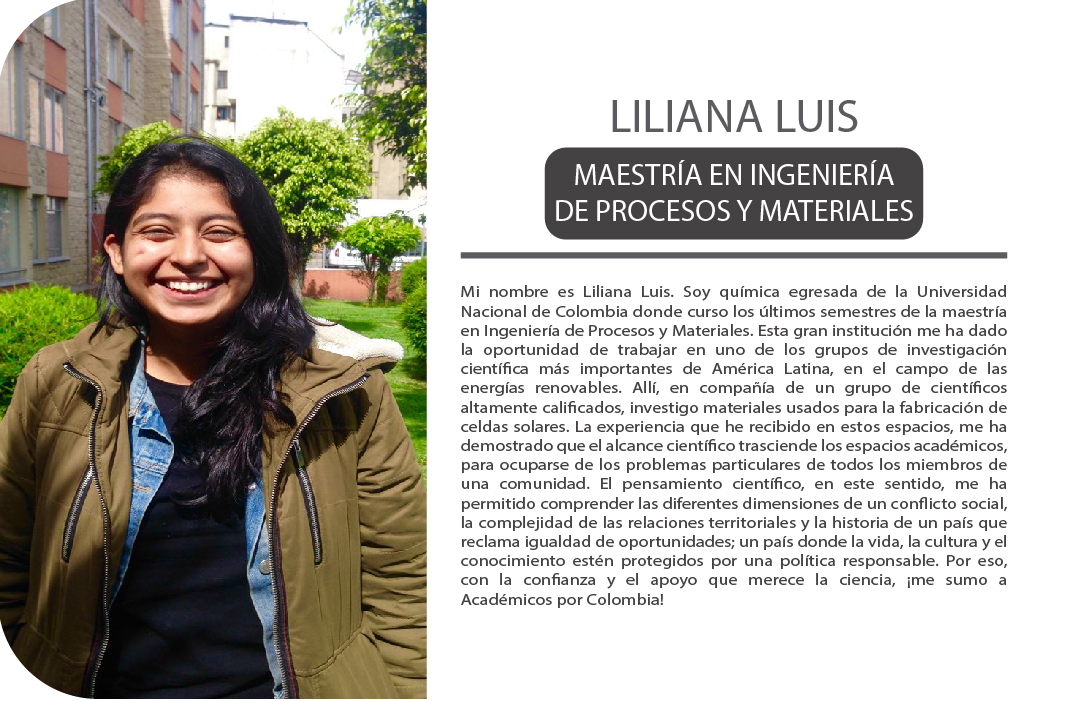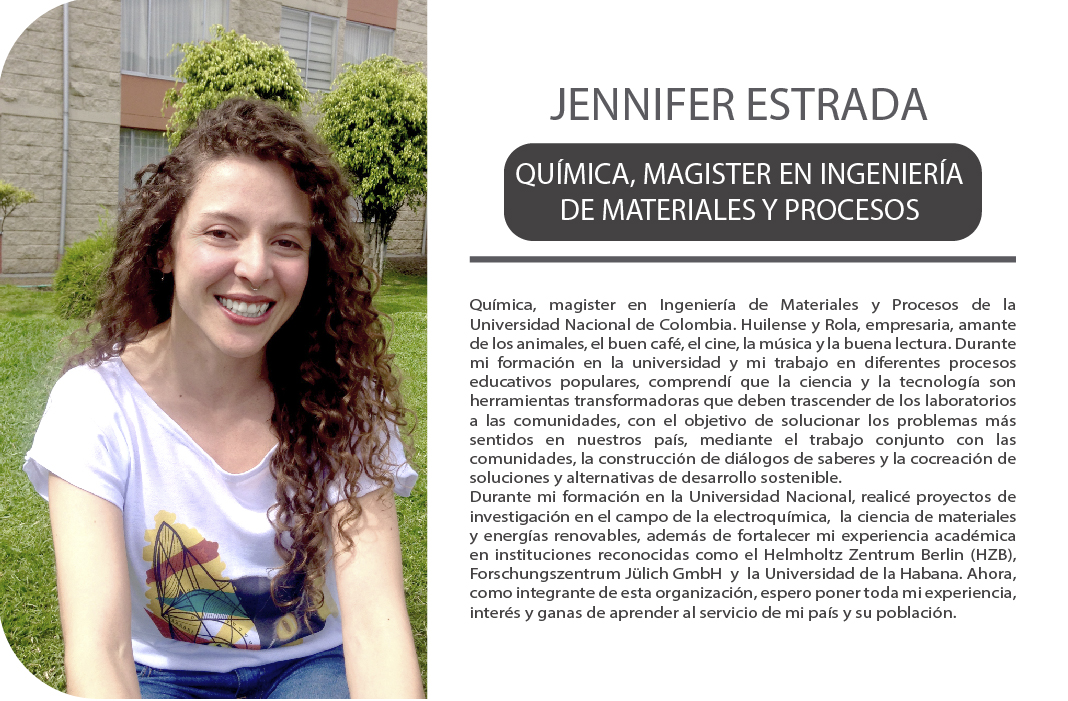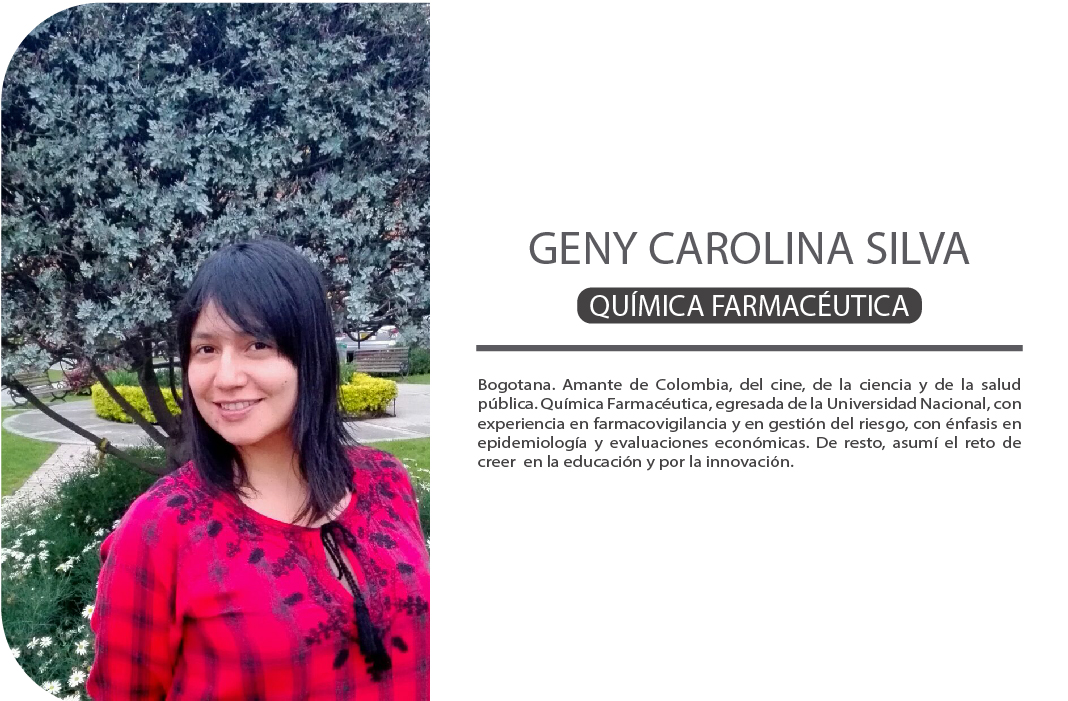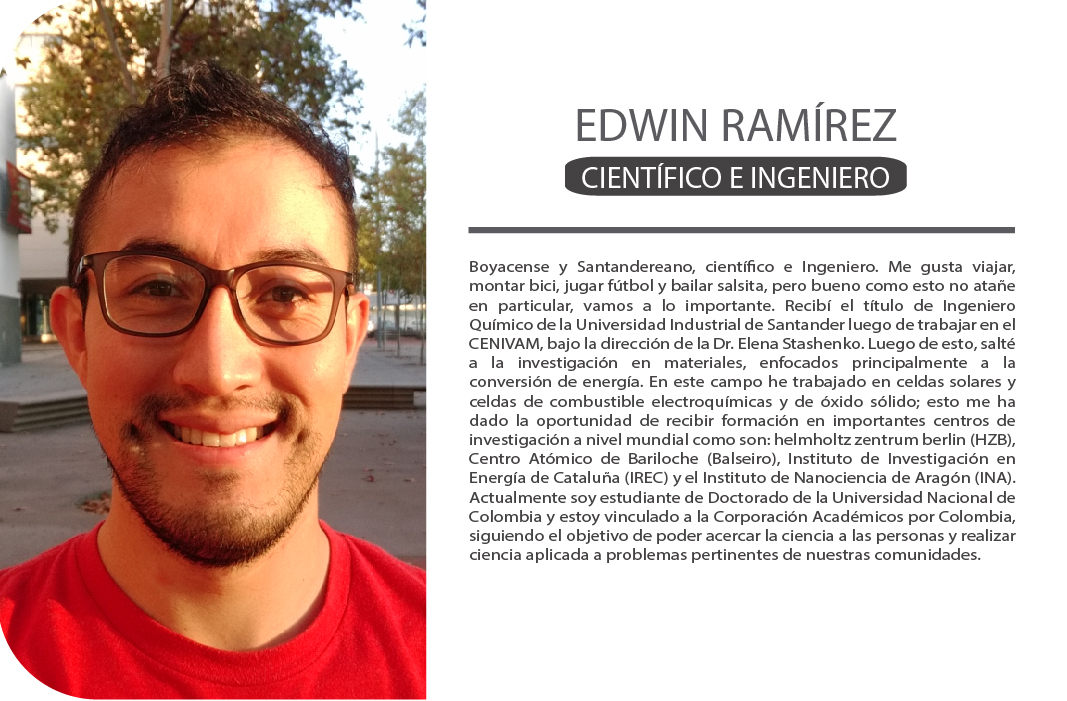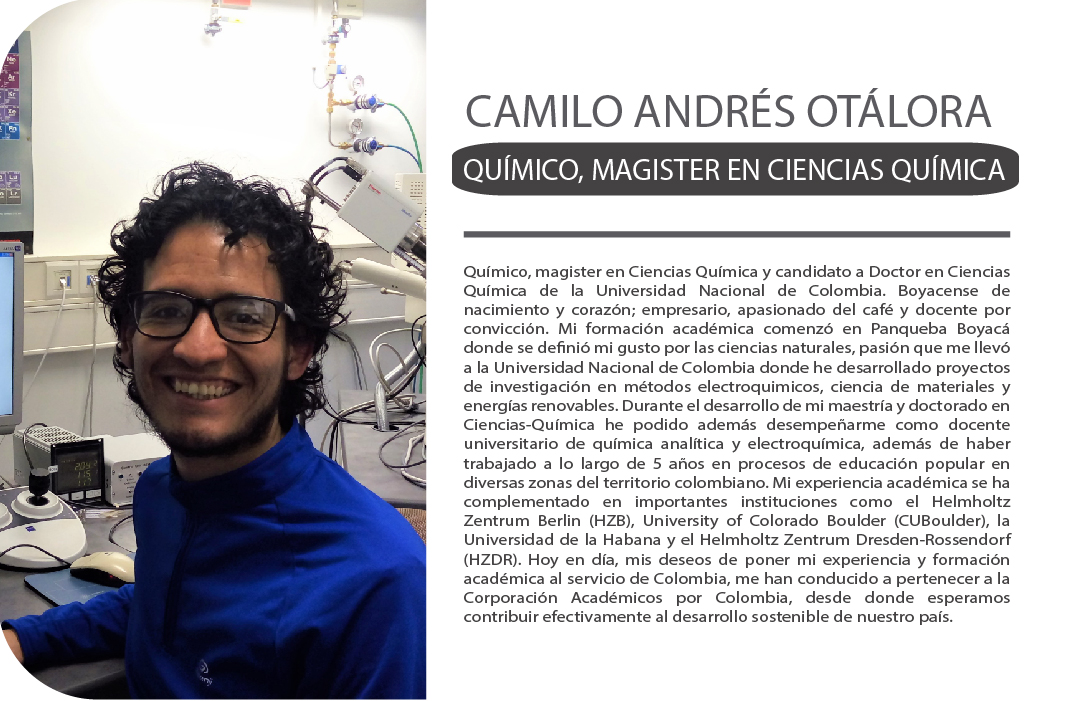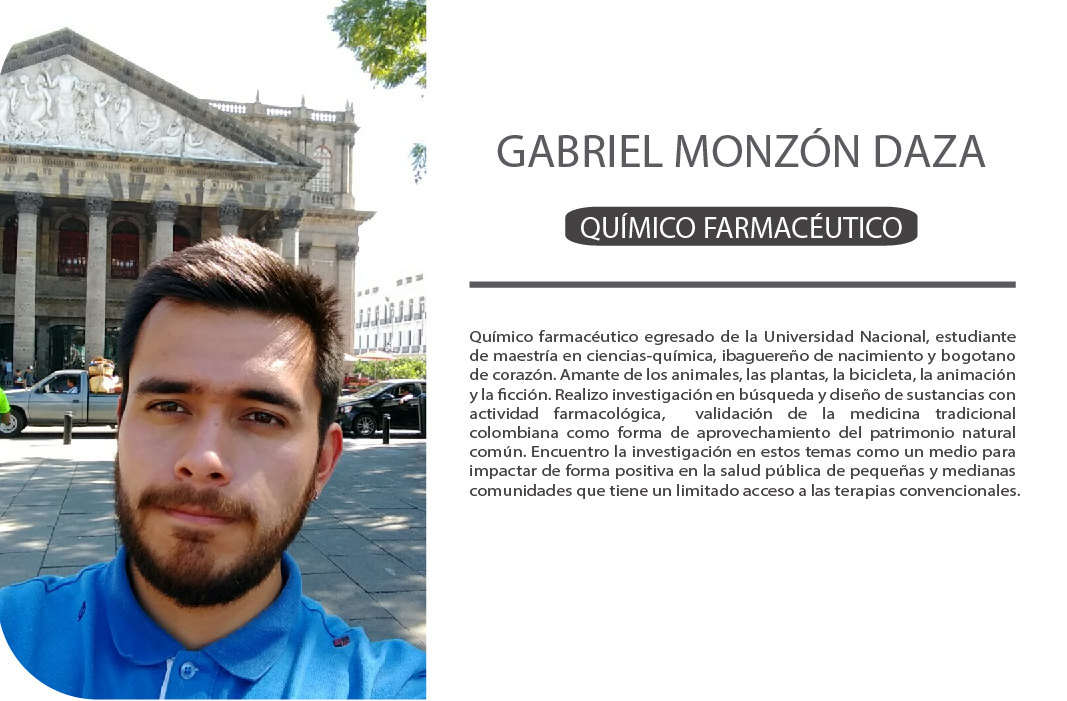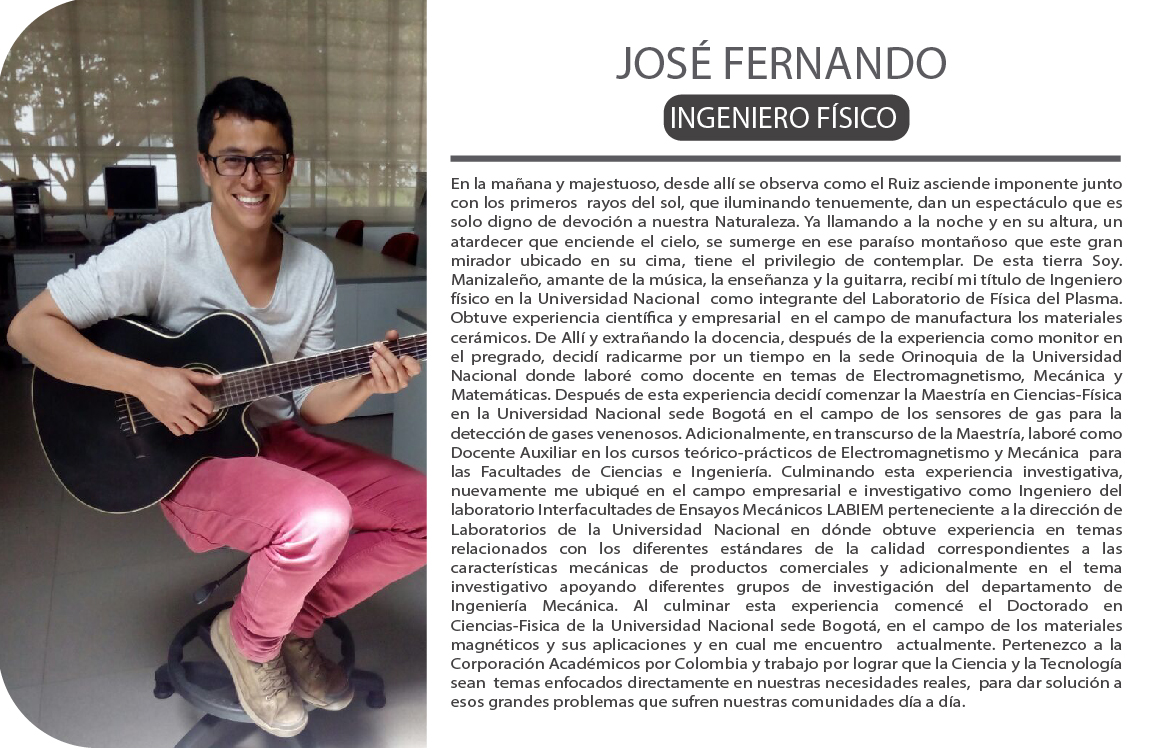Biodigester in Sáchica town
A sustainable alternative for generating energy.
Académicos por Colombia understands the importance of generating development alternatives that go along with the necessities and singularities of the communities in the rural areas. The collective construction, the scientific and technological knowledge appropriation, and the wisdom interchange are key for the communities to appropriate their own territories, be participative, and transform their realities.
In 2018, the corporation started a project about the use and advantage of agriculture waste for energy generation in Sáchica town, in Boyacá. Four youngsters from this town had in mind their community concern towards the high cost the gas cylinders they use to cook at home have. The cylinders, then, could cost about $70.000 (around 21 dollars), a value that represents almost 10% of the current monthly minimum wage in Colombia, and also, implied a high cost for families of this town, if we take into account that their entries are not permanents, since they come mainly from farming activities.
On the basis of the inquisitiveness of these 4 youngsters, and their curiosity towards the use of the bio-digesters as technology for the generation of biogas (alternative energy source), a collective work was done between them and Académicos por Colombia. The project consisted mainly of the building of a tubular type bio-digester prototype (Figure 1) in the housing of one of the youngsters. This system, roughly, is based on animal manure, which, when it is mixed with water and through anaerobic fermentation, generates biogas and Biol. Biogas is a combustible gas that can be used, among other things, to cook food; and the Biol is a liquid product that can be used as a fertilizer.

Figure 1. Diagram of the constructed biodigester.
In the first stage of the project, it was encouraged the leadership of these youngsters as changing agents in their communities and it was generated a dynamic with them for the biogas generation technology appropriation with this type of system. This work was done with the support of Institución Educativa Nueva Generación, where the youngsters belonged to. A together research process was done, in the search of bibliography about the topic, and mostly, of collective learning as for the young participants, as for the Académicos por Colombia advisers.
« It is very important that the community understand the bio-digester working, so they make something sustainable out of the project».
Liliana Luis, adviser of the project Académicos por Colombia
The second stage consisted of the system building, in order to do it, it was necessary to assess the available resources of the community, do the prototype dimensioning and planning according to these resources and, finally, build the bio-digester.
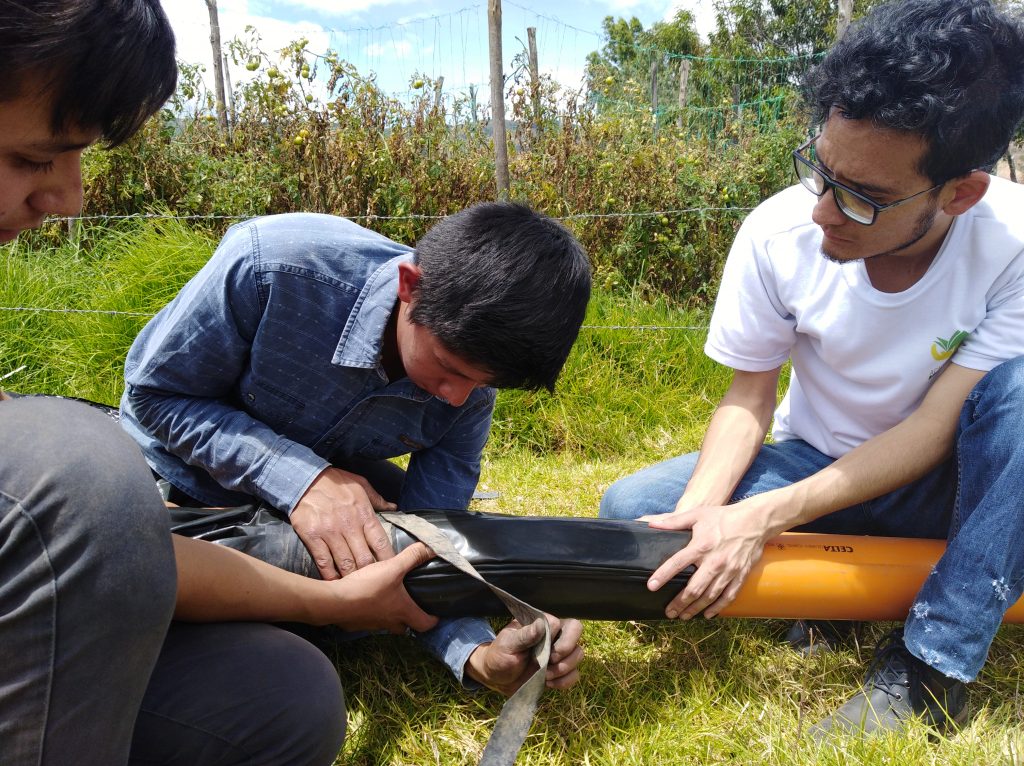
«The guys themselves were in charge of building, with their own hands, the bio-digester system».
Liliana Luis, adviser of the project Académicos por Colombia
After the bio-digester implementation, the results of the project were shared with the community at a School Fair. There, many of the peasants of the community came to the youngsters, asking for advice regarding the building of this type of system. The latter was key for the promotion of this type of technology with the peasant community of the town because, it not only was created leadership with the youngsters but, also it was generated a space to share the experience in a wider way.
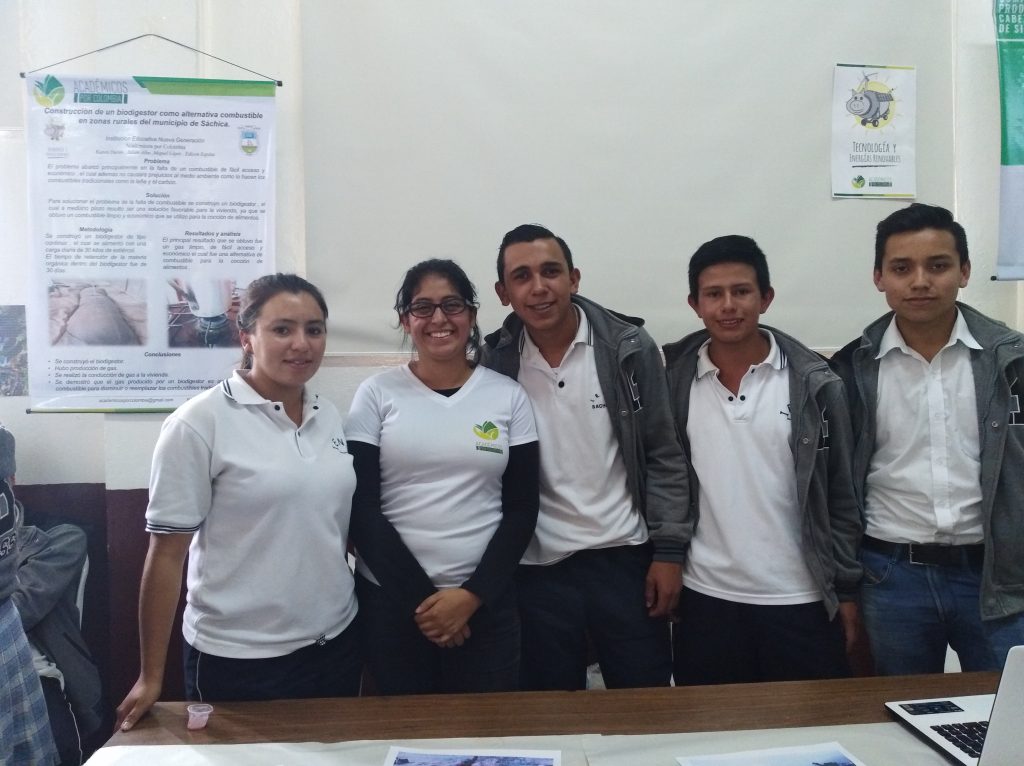
««We contribute with ideas for the town and the community about the things that they can do with their community. »
Miguel Luis, one of the young participants of the project

